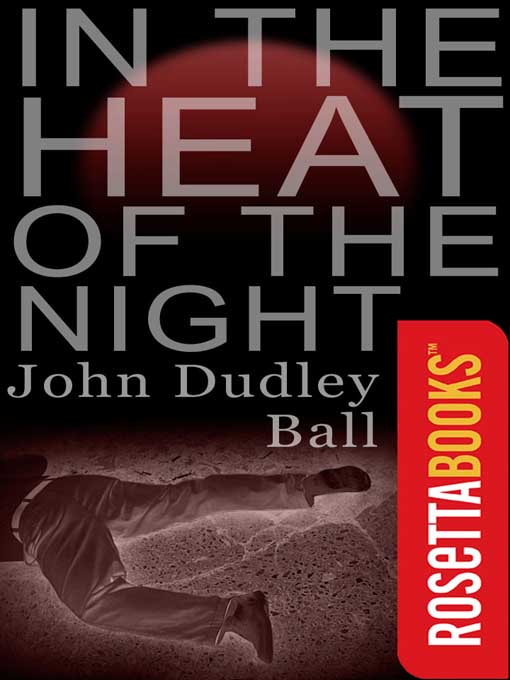- Available now
- Great reads without the wait!
- New kids additions
- Never Fear, Graphic Novels are Here!
- Cook Up Something Cozy
- Armchair Travel
- New teen additions
- Eat Green
- Big Brain Moves
- Pep Talk
- Romantasy
- See all
- Available now
- New audiobook additions
- Try something different
- Most Popular Audio Under 3 Hours
- Senior Sleuths
- Read by the Author
- Lives of the Eccentrics
- Listen While You Clean
- Books for Road Trippers & Travelers
- Listen to a Mystery
- Listen & LAUGH
- See all
- News & Politics
- Health & Fitness
- Celebrity
- Family & Parenting
- Fashion
- Business & Finance
- Travel & Outdoor
- Food & Cooking
- Tech & Gaming
- Sports
- Crafts & Hobbies
- Photography
- Art & Architecture
- See all

